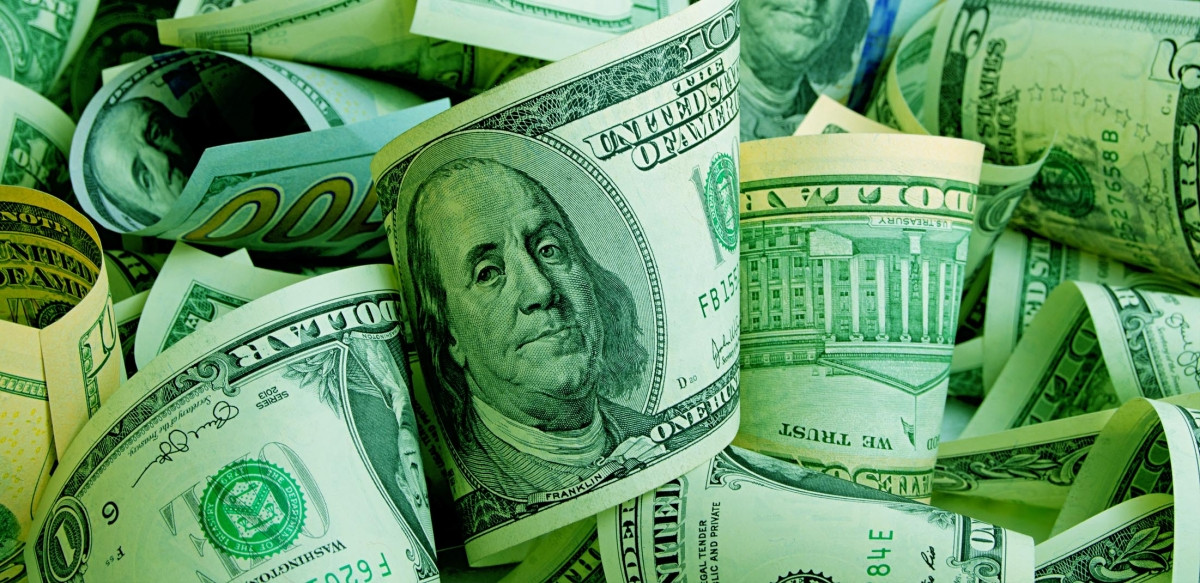
The U.S. currency has not yet managed to take the lead as it repeatedly tries to overtake the euro. The latter is feeling confident as it tries to finish the year on top. However, analysts warn that the single currency's triumph may be short-lived.
In the middle of the week, the greenback went up against the major currencies, especially the yen. However, the dollar failed to catch up against the euro. Nonetheless, many analysts are confident that the greenback will win in the long run, believing that it will become the leader in the coming year.
EUR/USD experienced significant volatility, initially rising to a record high of 1.0665, the highest since mid-December, and then collapsing to a critical 1.0611. The pair also benefited from the rebound in the global stock market. At the same time, an improvement in risk sentiment caused the dollar to fall.
During the last two weeks, the euro exchange rate remained "sideways", trading around 1.0640. Earlier, on December 15, 2022, EUR/USD soared to a six-month high of 1.0737 when European Central Bank President Christine Lagarde mentioned the need for a further rate hike. Earlier this week, the pair settled near 1.0640 and then showed mixed values as it waits for new growth drivers. On Wednesday morning, December 28, EUR/USD was trading at 1.0648, trying to hold on to its current positions.

According to preliminary forecasts, the euro may rise in the near future. If such a scenario comes to life, the pair is able to soar to 1.0700 and higher. At the moment, the euro is supported by falling gas prices, the cost of which fell below $1000 per 1,000 cubic meters for the first time since the beginning of 2022. During the last week of December, blue fuel in Europe was $900 per 1,000 cubic meters. According to experts, it is a positive factor for the euro.
However, there is a burden in the form of a sharp increase in the yield of Italian 10-year bonds (up to 4.61%). Their further growth may result in a breakthrough to the October high of 4.86%. Note that rising yields mean a fall in bond prices, followed by capital outflows from the euro area. This is extremely unfavorable for the EU's trade balance, which turned negative by the end of 2022 (as the eurozone's imports rose sharply compared to exports). According to analysts, Europe is now in particular need of financing. Therefore, the euro is extremely vulnerable to capital flow shocks. Analysts warn that the euro's growth may be short-lived. And they also assume that the single currency will maintain the uptrend until the end of 2022.
As for the short-term values of the dollar, experts take note of a twofold situation, which is due to the likelihood of recession in America. In such a scenario, the Federal Reserve will have to lower the rates again, analysts said. Recession in the U.S. will provoke active selling of the greenback, which will have a negative impact on the values of the latter. However, in case of a global recession, traders and investors will run to the dollar in droves, using it as a safe haven. The price of USD will go up in that case, but then it may go down again. Such "swings" undermine the U.S. currency, which seeks to find balance by the end of this year and by the beginning of next year.





















